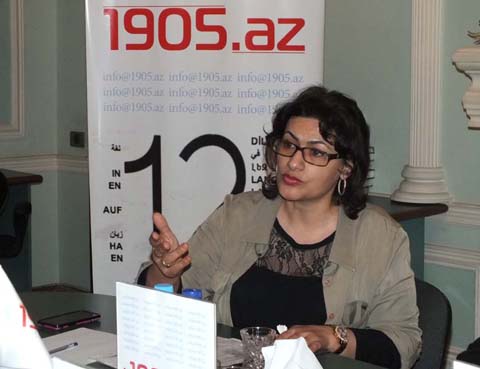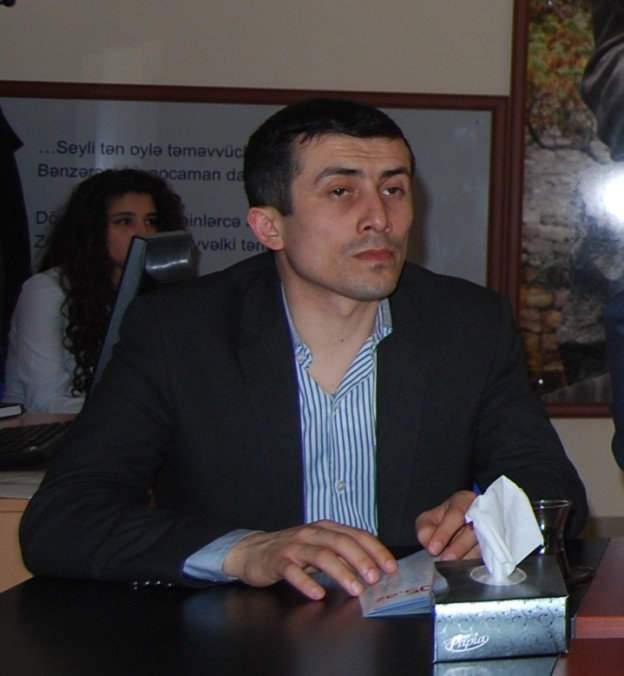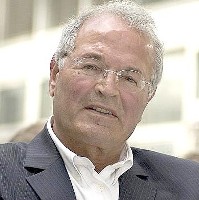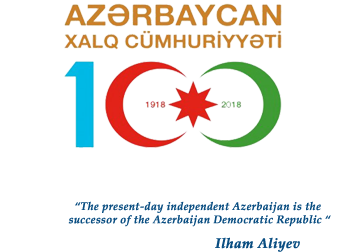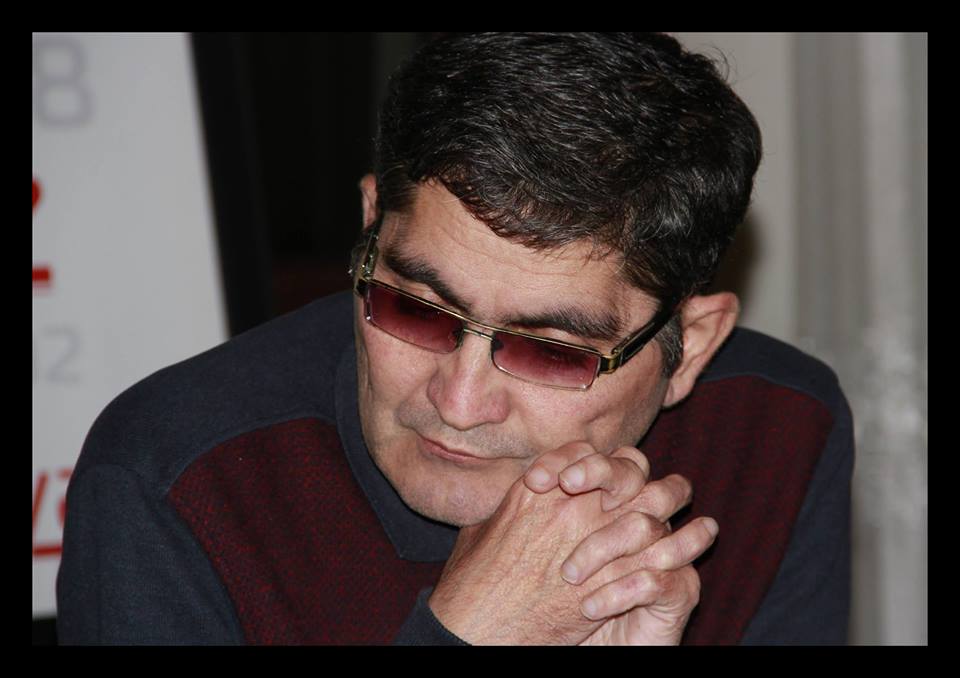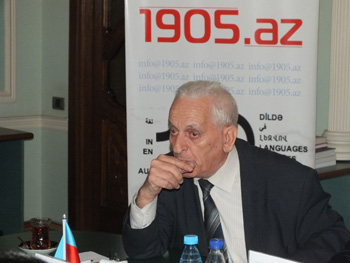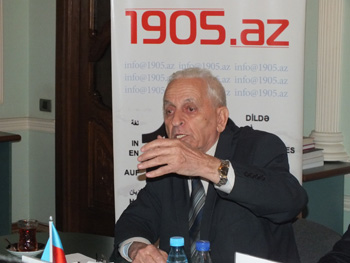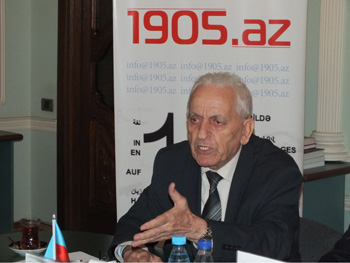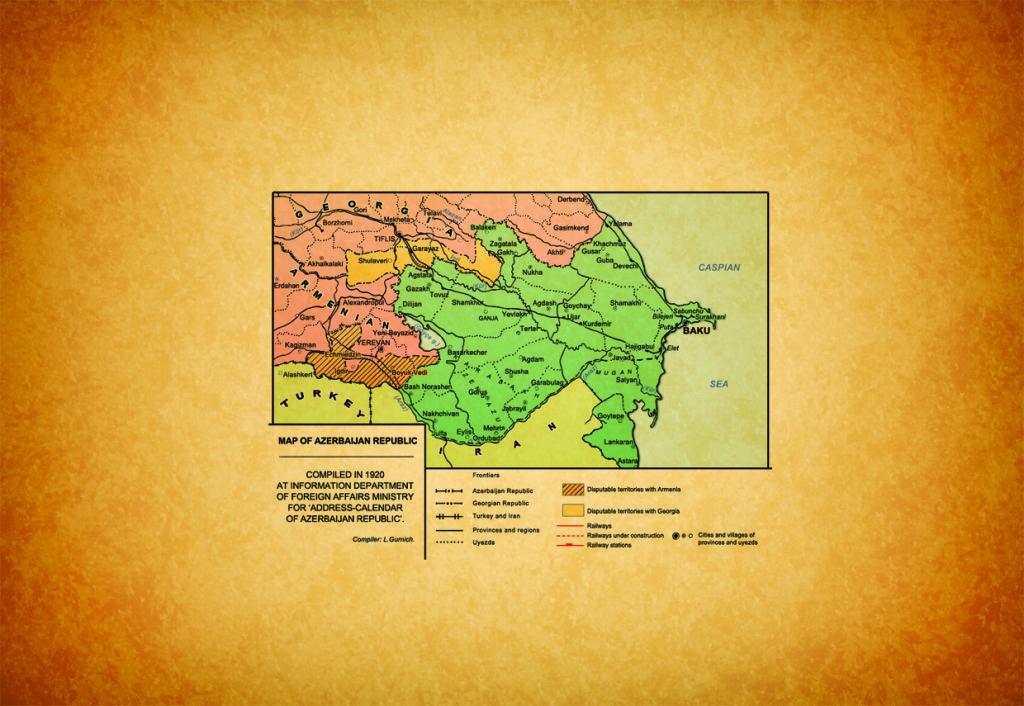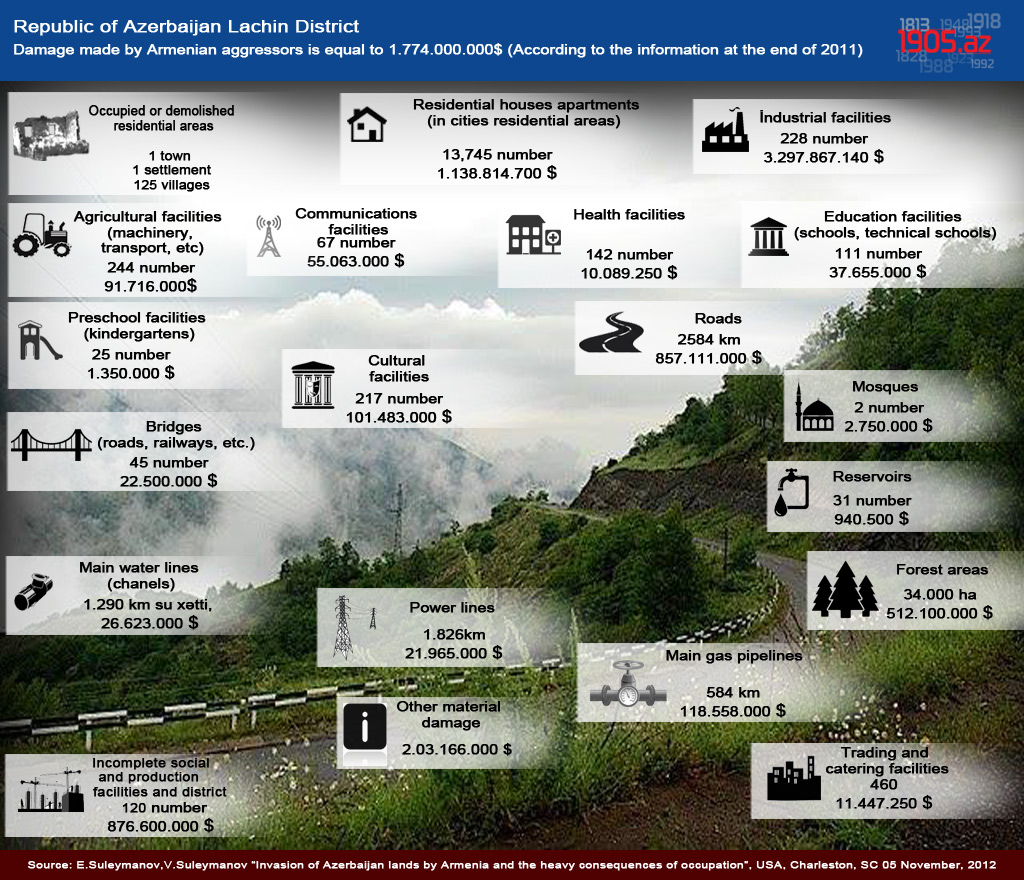A Group of MPs from German Bundestag including Uwe Feiler, Olav Gutting, Dr. Hans Michelbach, Dr. Philipp Muhrmann and Norbert Schindler adopted the declaration on 25th anniversary of the Khojaly Massacre.
It is stated in the Declaration submitted to The European Azerbaijan Society (TEAS) that the date of 25–26 February marks the 25th anniversary of the Khojaly Massacre, when 613 civilians were murdered by Armenian forces during the Armenia-Azerbaijan conflict over Nagorno-Karabakh. The victims comprised of 106 women, 63 children and 70 elderly people.
It is emphasized in the document that between 1988-94, during the break-up of the Soviet Union, the conflict broke out over Nagorno-Karabakh. This was an Azerbaijani region, whose population comprised both ethnic Azerbaijanis and Armenians. However, as the Soviet Union disintegrated it was occupied by Armenian forces, resulting in the eviction of the Azerbaijani population, and claiming the lives of an estimated 30,000 people. Since 1993 the United Nations Security Council, the European Parliament and the Parliamentary Assembly of the Council of Europe have all condemned the occupation and demanded an immediate withdrawal of the Armenian armed forces. In May 1994, a ceasefire was declared, and since then the OSCE Minsk Group has been tasked with negotiating a resolution to the conflict.
German MPs regard the situation in the South Caucasus, with the fierce tensions around Nagorno-Karabakh and the adjacent districts, as being very concerning both politically and economically. The Armenian occupation of Nagorno-Karabakh violates all rules of international law.
It is stated in the final part of the Declaration: “On the occasion of the 25th anniversary of the Khojaly massacre, we as members of the German Bundestag demand that German Foreign Policy intensifies its efforts to reach a peaceful and sustainable solution in the South Caucasus, and acts to prevail upon the local actors to engage in negotiations to secure a sustainable peace. The resolutions of the international organizations have to be implemented. Not least for security and economic considerations, a peaceful solution will benefit Germany and Europe in the highest degree.”


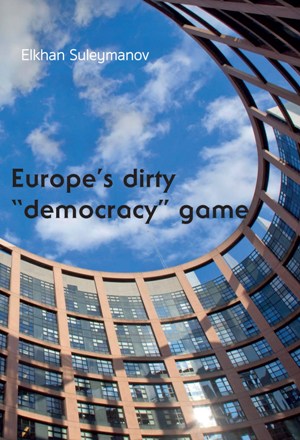






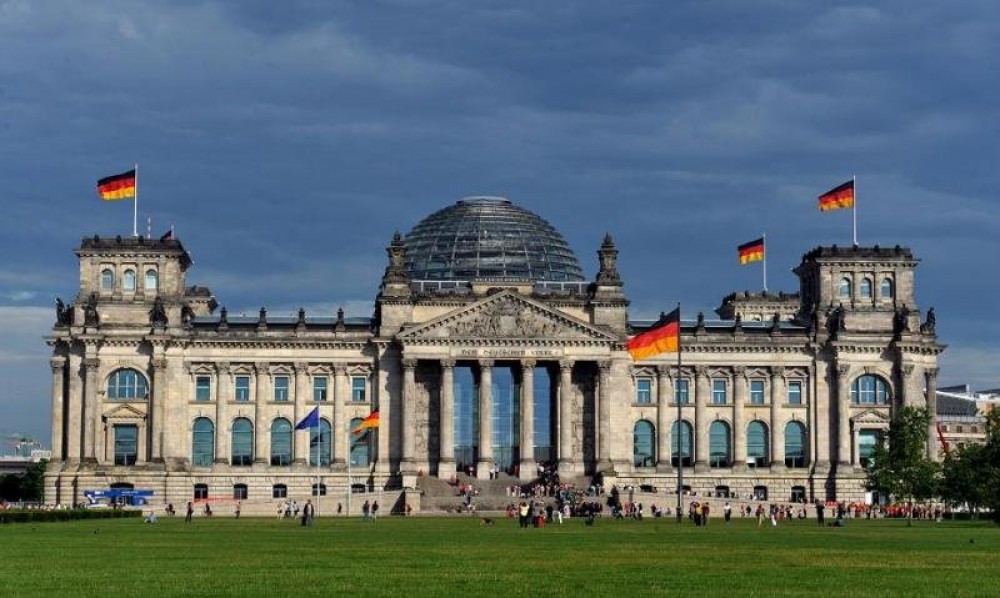
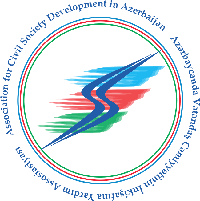
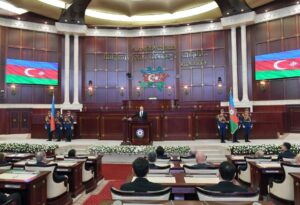 Inauguration ceremony of President of Azerbaijan Ilham Aliyev was held
Inauguration ceremony of President of Azerbaijan Ilham Aliyev was held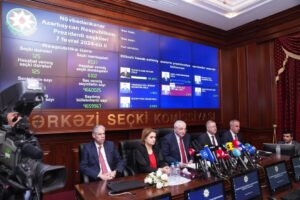 Ilham Aliyev wins presidential election with 92.05 percent of votes VIDEO
Ilham Aliyev wins presidential election with 92.05 percent of votes VIDEO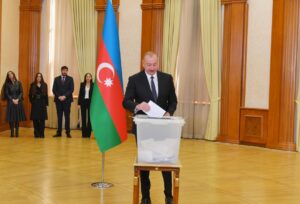 President Ilham Aliyev, First Lady Mehriban Aliyeva and family members voted in Khankendi VIDEO
President Ilham Aliyev, First Lady Mehriban Aliyeva and family members voted in Khankendi VIDEO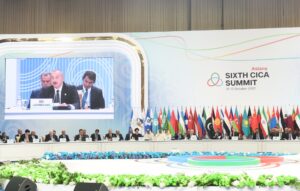 Plenary session of 6th Summit of Conference on Interaction and Confidence Building Measures in Asia gets underway in Astana. President Ilham Aliyev attends the plenary session VIDEO
Plenary session of 6th Summit of Conference on Interaction and Confidence Building Measures in Asia gets underway in Astana. President Ilham Aliyev attends the plenary session VIDEO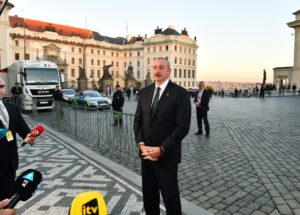 President Ilham Aliyev was interviewed by Azerbaijani TV channels in Prague VIDEO
President Ilham Aliyev was interviewed by Azerbaijani TV channels in Prague VIDEO



